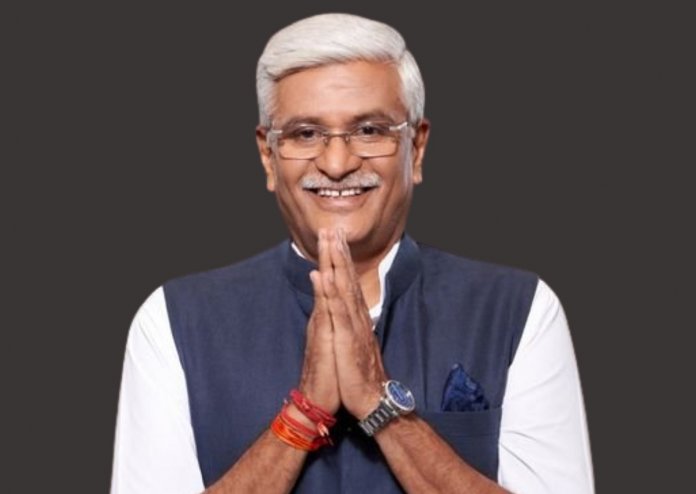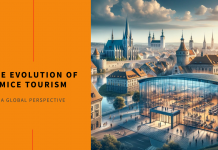New Delhi hosted the Tourism Sustainability Summit 2025, organized by FHRAI (The Federation of Hotel & Restaurant Associations of India), where industry leaders and policymakers gathered to discuss the sector’s future. Union Tourism Minister Gajendra Singh Shekhawat emphasized the urgent challenges faced by the tourism industry and called for collective responsibility to address them. He highlighted tourism as a key growth driver for India’s economy, predicting it would become a major contributor to GDP expansion in the coming years.
The Minister noted that India’s rapid economic growth was a topic of global discussion, including at Davos, where experts projected the doubling of India’s economy within eight years. However, he warned that climate change posed a serious threat, with glaciers shrinking at an alarming rate. Addressing this issue required immediate intervention and sustainable tourism practices.
Artificial Intelligence & Sustainable Growth
Additional Secretary at the Ministry of Tourism, Suman Billa (IAS), highlighted the role of Artificial Intelligence (AI) in tourism expansion, given the increasing reliance on app-based applications. He expressed India’s ambition to become the world’s third-largest tourism economy by 2047 and emphasized incorporating global best practices into the Incredible India campaign. Billa urged stakeholders to balance growth with sustainability to preserve cultural heritage and prevent unmanaged expansion.
He stressed the importance of Mission Life, advocating for mindful living and sustainability. The Ministry of Tourism has already launched its own sustainability initiative, focusing on empowering local crafts and communities. Billa suggested that homestays with local communities could play a crucial role in integrating sustainability into tourism.
State Initiatives Driving Sustainable Tourism
Madhya Pradesh’s Principal Secretary for Tourism, Sheo Shankar Shukla, highlighted the state’s 14 UNESCO sites, 25% forest cover, and emerging rural and tribal tourism initiatives. With 50 new destinations being developed and cruise tourism gaining traction, Madhya Pradesh is positioning itself as a premier destination for eco-conscious travelers.
Similarly, Gujarat has focused on sustainable tourism, with successful models like the Rann of Kutch and the Statue of Unity, ensuring economic growth while preserving cultural heritage.
Global & Industry Perspectives
FHRAI President K Syama Raju and PHDCCI President Hemant Jain stressed the need for collaboration between policymakers and stakeholders. Glen Mandziuk, CEO of the World Sustainable Hospitality Alliance, UK, emphasized the rising global investment in sustainability-driven tourism models.
The summit provided a crucial platform for shaping the future of India’s tourism industry, ensuring that growth aligns with environmental and cultural sustainability.













